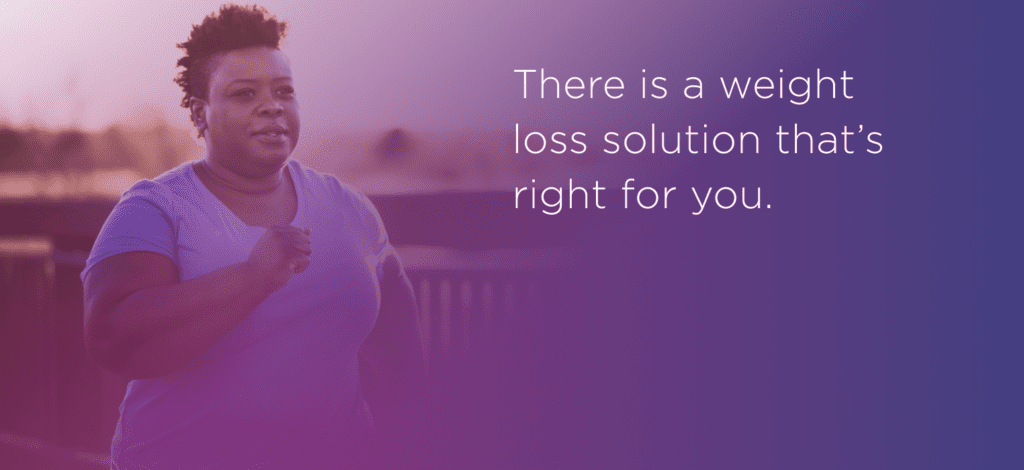Reading Time: 4 minutes

Low-carb diets are trending in recent years, thanks to the ketogenic (“keto”) diet, though they have been popular for decades. Eating a low-carb diet may help you lose body fat more quickly than other diets, at least in the short term.
There are a number of variations of the low carb diet, and the medical opinion on the different variations of a low-carb diet and the best diets for weight loss is mixed. Some popular low-carb diets include:
- Keto Diet — Very low carb, a high-fat diet designed to kick the body into a state of ketosis, in which fat is turned into ketones, which are used by the brain and body, rather than running on carbohydrates. The suggested carb intake on this diet is between 20-30 grams per day (and no more than 50). There is not a clear consensus on the safety of the keto diet, as adding high amounts of fat to your diet could compromise your cardiovascular health.
- Low-Carb, High-Fat (LCHF) Diet — Similar to a very low-carb diet, but is focused on unprocessed foods. The LCHF diet consists mostly of meat, fish and shellfish, eggs, veggies, dairy products, nuts, berries and healthy fats. The recommended carb intake on this diet ranges from 20-100 grams per day.
- Low-Carb Paleo Diet — Low-carb version of the popular paleo diet, which encourages eating foods that were available in the Paleolithic era. The paleo diet consists of unprocessed, whole foods in their most natural state. Although it is not low-carb by definition, the paleo diet can be modified to a low-carb diet by cutting out fruits and vegetables that contain more carbs and are higher on the glycemic index.
- Atkins Diet — Perhaps the most well-known low-carb diet, the Atkins diet has been popular for more than 40 years. The Atkins diet involves cutting back on high-carb foods and eating more protein and fat. There are three phases to the Atkins diet:
- Phase 1, Induction: Eat fewer than 20 grams of carbs per day for two weeks.
- Phase 2, Balancing: Slowly introduce more low-carb vegetables, fruit and nuts.
- Phase 3, Fine-Tuning: As you near your weight loss goal, slowly add carbs to slow weight loss.
- Low-Carb Mediterranean Diet — Another popular diet, the Mediterranean diet is based on traditional Mediterranean foods, emphasizing fatty fish over red meat and olive oil over other fats like butter. The low-carb Mediterranean diet also limits foods like whole grains, which are allowed on the standard Mediterranean diet. It is thought that this way of eating might be more effective at preventing heart disease than other low-carb diets, although more research is needed.
- Zero-Carb Diet — This diet involves the complete elimination of carbohydrates from the diet, including plant-based foods. People who eat this diet typically eat only animal foods such as meat, fish, eggs and animal fat. Although this diet is somewhat popular, there are no recent studies supporting it as safe and it is not generally recommended as a healthy form of weight loss. The zero-carb diet lacks important nutrients found in plant foods, such as vitamin C and fiber.
Do you have to cut carbs to burn fat?
Low-carb diets are popular as they are typically effective at aiding in weight loss that is somewhat automatic, as these diets don’t generally require calorie counting. The body uses carbohydrates as its primary source of fuel as they are easy for the body to burn as energy. Carbs are broken down and absorbed as glucose in the bloodstream, triggering the release of insulin. When carbohydrate intake is restricted, insulin levels are reduced, causing the body to reach into fat stores for energy, burning off the stored fat, resulting in weight loss. Contrary to a low-fat diet, which has been the recommended diet over the last few decades, a low-carb diet may result in faster weight loss. Studies have shown that low-carb diets are more effective at reducing appetite, so you’ll eat fewer calories. These diets may also help lower blood sugar and even reduce blood pressure and triglycerides.What should your carb limit be in order to lose weight?
There is no hard and fast rule of how many carbs you should consume on a low-carb diet, unless you are following a specific low-carb diet plan. The number of carbs needed in a day varies from one person to the next and is dependent on age, gender, body composition, activity levels and overall metabolic health. The more active you are and the more muscle mass you have, the more carbohydrates your body can tolerate. If you are overweight or have metabolic syndrome, obesity or type 2 diabetes, your body can’t tolerate carbs in the same way as someone who is healthy. Typical dietary guidelines recommended that 45 to 65 percent of your daily calories come from carbohydrates, or about 225 to 325 grams of carbs on a 2000-calorie diet. In order to burn fat and lose weight, carbs should be cut to between 50 and 150 grams per day. If you are considering a low-carb diet to lose weight, it is important to first consult with your weight loss doctor who can take your health history into consideration and help you determine the best option of healthy diets to help you lose weight and remain healthy. If you have struggled with weight loss for some time, without much success from diet and exercise, consider reaching out to a weight loss doctor. A physician who specializes in weight loss can recommend interventions that will help you reach your weight loss goal. Medical interventions, such as weight loss surgery may be the best option, depending on your health history and weight goals. Contact the weight loss doctors at First Baptist Medical Center today to learn more.




